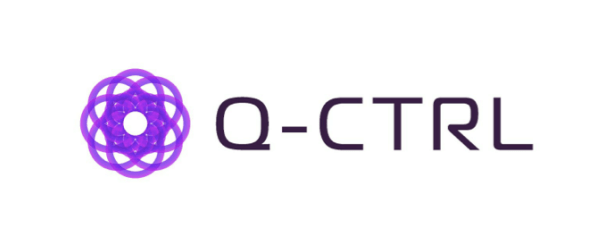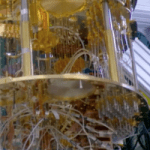Quantum Computer Error Correction Is Getting Practical

(SpectrumIEEE) Michael J. Biercuk, a professor of quantum physics and quantum technology at the University of Sydney, is the founder and CEO of Q-CTRL.contributed this SpectrumIEEE guest post.
Quantum error correction—or QEC for short—is an algorithm designed to identify and fix errors in quantum computers. It’s able to draw from validated mathematical approaches used to engineer special “radiation hardened” classical microprocessors deployed in space or other extreme environments where errors are much more likely to occur.
QEC is real and has seen many partial demonstrations in laboratories around the world—initial steps that make it clear it’s a viable approach. 2021 may just be the year when it is convincingly demonstrated to give a net benefit in real quantum-computing hardware.
The challenge comes when we look at the implementation of QEC in practice. The algorithm by which QEC is performed itself consumes resources—more qubits and many operations.
Returning to the promise of 1,000-qubit machines in industry, so many resources might be required that those 1,000 qubits yield only, say, 5 useful logical qubits.
This is why a major public-sector research program run by the U.S. intelligence community has spent the last four years seeking to finally cross the break-even point in experimental hardware, for just one logical qubit. We may well unambiguously achieve this goal in 2021—but that’s the beginning of the journey, not the end.
Crossing the break-even point and achieving useful, functioning QEC doesn’t mean we suddenly enter an era with no hardware errors—it just means we’ll have fewer.
None of this discussion means that QEC is somehow unimportant for quantum computing. And there will always remain a central role for exploratory research into the mathematics of QEC, because you never know what a clever colleague might discover. Still, a drive to practical outcomes might even lead us to totally abandon the abstract notion of fault-tolerant quantum computing and replace it with something more like fault-tolerant-enough quantum computing. That might be just what the doctor ordered.
























